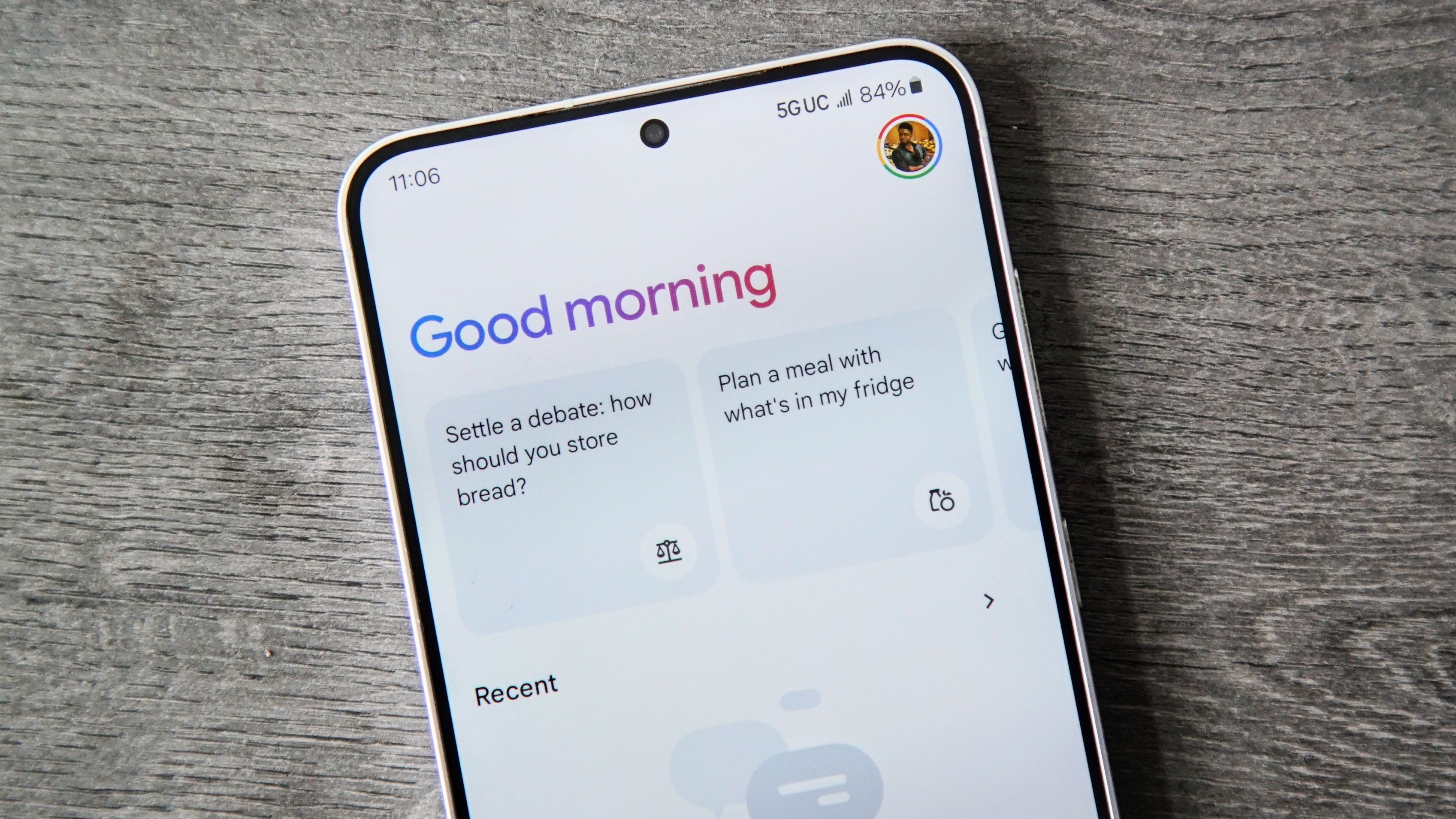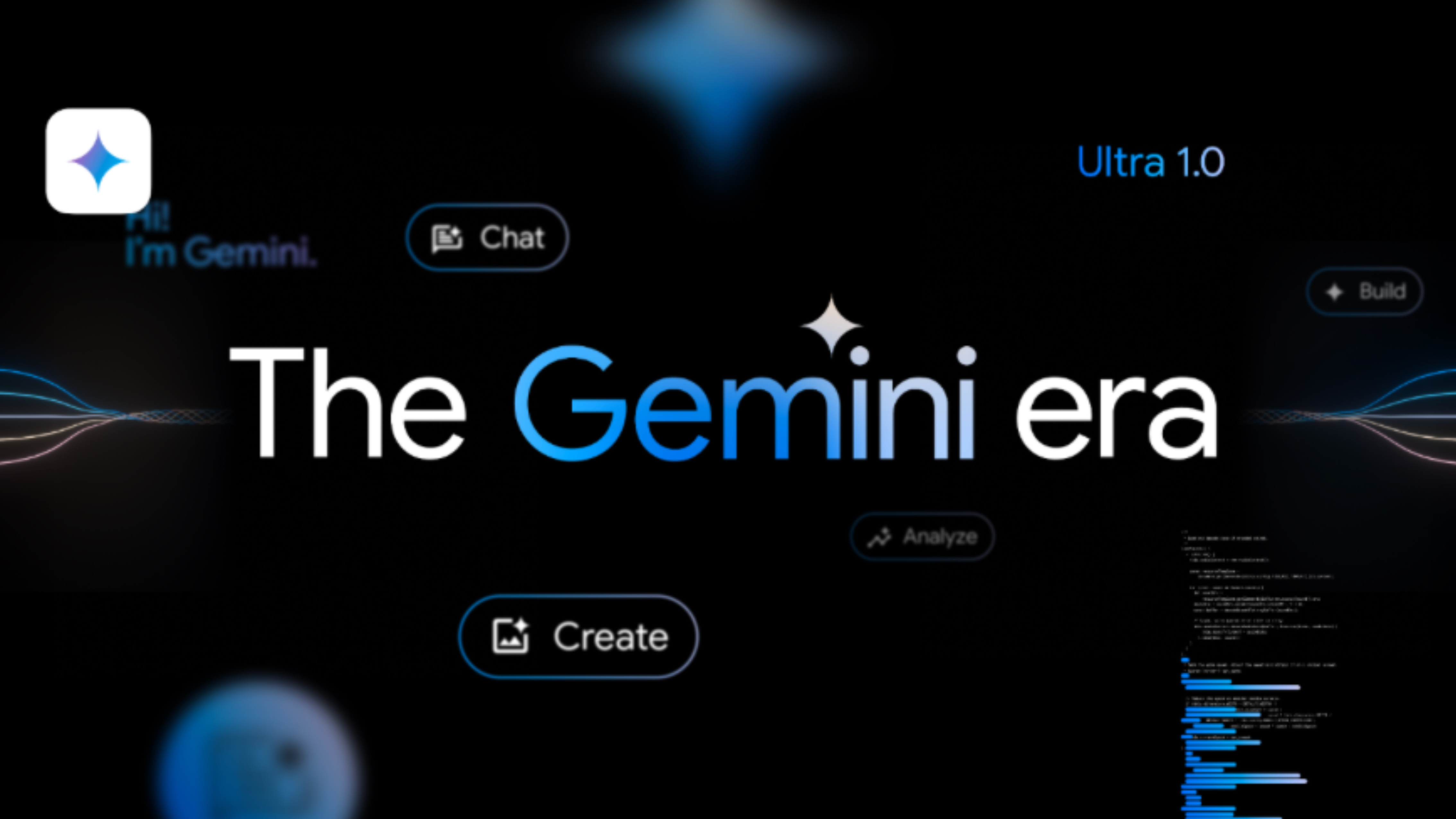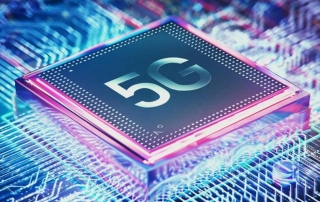Think about a world the place your telephone understands your wants earlier than you even say them, the place your health tracker personalizes your exercise routine in real-time, or the place your sensible house adjusts the temperature primarily based in your temper. This future is nearer than you assume, due to the rising energy of on-device AI processing.
However what precisely is on-device AI processing? In easier phrases, it means working synthetic intelligence algorithms instantly on a tool, like your smartphone or smartwatch, as a substitute of counting on distant servers within the cloud. This native processing unlocks a spread of advantages which might be remodeling the best way we work together with know-how.
Most of the new AI options you hear a lot about use on-device processing. Each Samsung’s Galaxy AI and Google Gemini leverage specialty-built microprocessors and telephone {hardware} to run options regionally, although the precise necessities are nonetheless just a little up within the air.
For instance, Samsung gives the total suite of Galaxy AI options on the whole Galaxy S24 line, however Google would not present the identical entry to native processing on the smaller Pixel 8 with much less RAM. It is speculated that 12GB of reminiscence is required to course of an LLM (giant language mannequin), however neither Samsung nor Google have confirmed.
Why does on-device AI matter?

The shift in the direction of on-device AI processing brings a number of key benefits:
- Enhanced Privateness: By maintaining person information on the system itself, on-device AI minimizes danger and ensures better person management over private info. That is particularly vital for delicate information like facial recognition or well being data.
- Quicker Efficiency: Cloud-based AI depends on sending information forwards and backwards between your system and a server. This communication can introduce latency, inflicting delays in response instances. On-device AI eliminates this delay, resulting in a smoother, extra responsive person expertise.
- Offline Performance: Not in all places has dependable web entry. On-device AI permits AI-powered options to work even while you’re offline. Think about utilizing voice instructions to manage your sensible house whereas tenting, or translating languages on the go with no need a knowledge connection.
- Improved Safety: Since information processing occurs regionally, on-device AI reduces the assault floor for hackers. That is essential for purposes coping with delicate info, like monetary transactions or medical diagnoses.
- Energy Effectivity: Always transmitting information to the cloud can drain your battery. On-device AI processing reduces reliance on the cloud, resulting in improved battery life in your gadgets.
Due to these advantages, on-device AI is already making waves in numerous industries. In your telephone, facial recognition for unlocking, voice assistants like Siri and Google Assistant, and personalised digicam filters are all powered by on-device AI.
On-device AI permits sensible audio system to grasp your voice instructions extra precisely and personalize your property setting primarily based in your preferences and habits. Health trackers can analyze your motion patterns and coronary heart price information in real-time to offer personalised teaching and exercise suggestions.
Exterior the overall shopper market, on-device AI can be at play in methods you most likely would not take into account. Self-driving vehicles rely closely on on-device AI for real-time object recognition, pathfinding, and collision avoidance. In factories and meeting vegetation, on-device AI permits linked gadgets to make choices regionally, optimizing efficiency and lowering reliance on centralized servers.
If a “sensible” pc could make a distinction, doing it regionally is most well-liked. It is quicker, much less depending on “outdoors” forces like web connectivity, and permits for simpler corrections.
The way forward for on-device AI

The potential of on-device AI processing is large. As system processors develop into extra highly effective and AI fashions develop into smaller and extra environment friendly, we will anticipate much more refined purposes to emerge.
Prospects embody higher context-aware computing, the place your telephone anticipates your wants primarily based in your location, time of day, and previous conduct. It may mechanically modify settings, suggest apps, or present related info with out you even asking.
AI may analyze your preferences and habits throughout numerous purposes, providing a very personalised person expertise that adapts to your evolving wants. It might additionally make safety features extra sturdy — AI may higher search for anomalies throughout fingerprint detection or facial scanning. You would not need options like these to work by way of the cloud.
On-device AI processing continues to be in its early phases, however it should play a significant position in shaping the way forward for know-how. By providing better privateness, quicker efficiency, and improved safety, on-device AI paves the best way for a extra clever and user-centric future.


